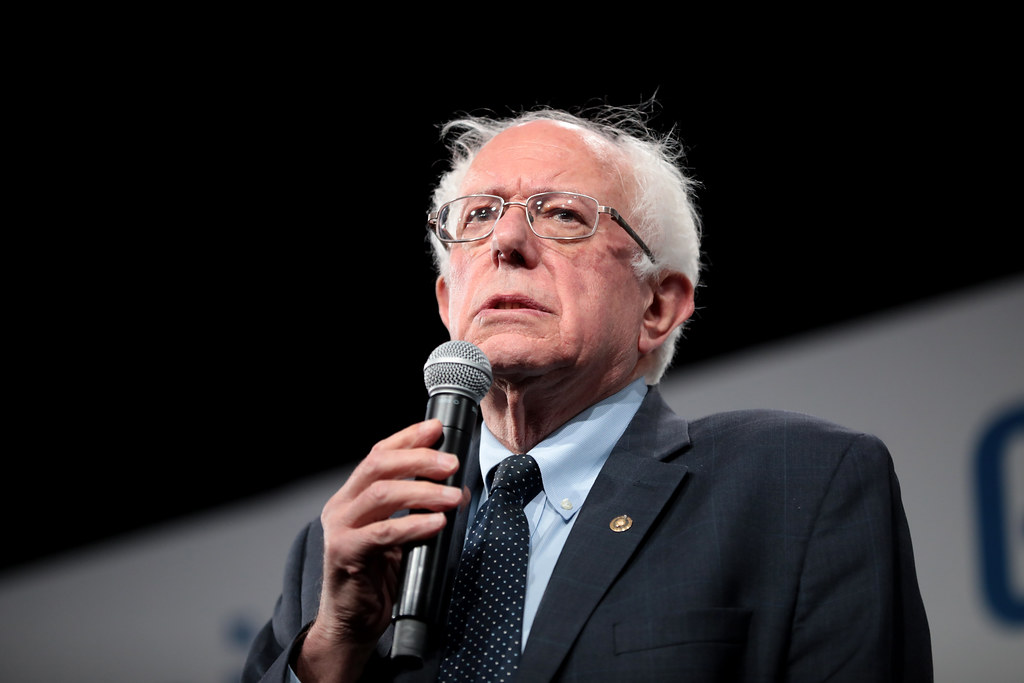
On a recent episode of NBC News’ “Meet the Press,” Senator Bernie Sanders vehemently criticized President-elect Donald Trump’s comments about incarcerating members of the House January 6 Committee. Describing Trump’s threats as emblematic of authoritarianism, Sanders suggested that President Joe Biden should contemplate pre-emptive pardons for the committee members to protect them against potential political persecution.
Trump’s alarming statements last week on the same program asserted that the committee members, responsible for investigating the January 6 Capitol attack, “should go to jail” and hinted at pardoning his supporters involved in the incident. His comments drew sharp rebuke from various quarters, including his own party allies like Senator Lindsey Graham, who disagreed with the idea of jailing committee members.
The committee, comprised of seven House Democrats and two Republicans, former Reps. Liz Cheney and Adam Kinzinger, found themselves at the heart of a contentious debate. Cheney and Schiff, among others, defended their actions as lawful duties performed by members of Congress. Schiff, recently sworn into the Senate, has been vocal about his stance against preemptive pardons, highlighting it in discussions both publicly and privately.
Trump’s call for punitive action against the committee members and his support for the convicted rioters contrasts sharply with opinions from figures like Cheney, who views such actions as continuous attacks on the rule of law and democratic foundations.
What the Author Thinks
As America finds itself deeply divided, the aftermath of Trump’s presidency and his ongoing influence raise questions about the future of political discourse and the stability of its democratic processes. The discussions among Democrats reflect a broader concern about maintaining democratic norms and safeguarding the country’s legislative processes from becoming tools of political vengeance.
Senator Sanders’ call for preemptive pardons is more than a protective measure; it is a plea for sanity in an increasingly polarized environment. This action could prevent a dangerous precedent where political disagreement leads to jail time, a scenario that would undermine the very principles of democratic debate and legal fairness.
The division is not just among party lines but within them, as highlighted by Graham’s public disagreement with Trump. This divergence shows a Republican Party caught between traditional conservatism and Trump’s brand of politics.
Looking ahead, the challenge for Biden and his administration will be navigating these tumultuous waters, ensuring that the executive actions reflect a commitment to justice and democracy, without appearing to be partisan. As discussions evolve, the American public watches closely, hoping for resolutions that reinforce the country’s commitment to upholding democracy rather than descending into retaliatory politics.
Featured image credit: Gage Skidmore via Flickr
Follow us for more breaking news on DMR
